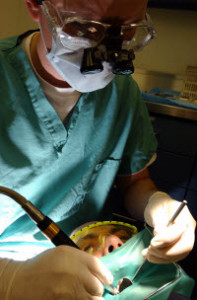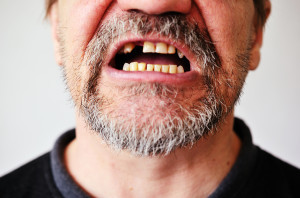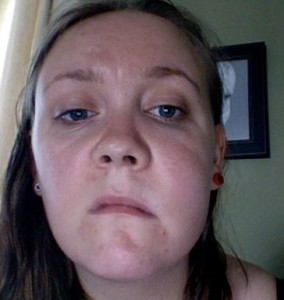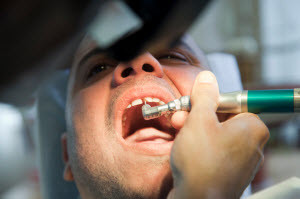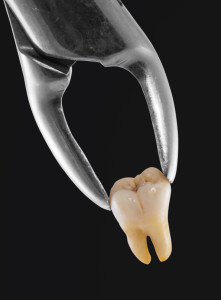 If you’ve ever dealt with a toothache before, you know just how unpleasant and disruptive the experience can be. Whether the toothache manifests itself as a continuous, achy discomfort or sharp, sudden jolts of pain, your top priority is to find immediate relief.
If you’ve ever dealt with a toothache before, you know just how unpleasant and disruptive the experience can be. Whether the toothache manifests itself as a continuous, achy discomfort or sharp, sudden jolts of pain, your top priority is to find immediate relief.
What Are The Best Home Remedies for a Toothache?
While the best and most effective approach is to visit the dentist’s office, there are some tried and tested toothache remedies that you can try at home for immediate and temporary relief while you wait to receive professional treatment from a dentist.
(i) Salt water rinses
Saltwater rinses are one of the simplest but effective ways to get temporary relief from toothache pain. Saltwater is a natural disinfectant and has anti-inflammatory properties. It also helps to loosen debris lodged in cavities or between teeth, which can contribute to tooth pain.
To make a saltwater rinse, dissolve 1 teaspoon of salt in a glass of warm water and swish it around in the mouth for about 30 seconds before spitting it out. This can be repeated as often as needed.
(ii) Cold compresses
This remedy is particularly beneficial for toothaches caused by trauma or injury to the mouth. Applying cold compresses to the affected area is a highly effective way of reducing the swelling and inflammation that may be causing the toothache.
To try this remedy, wrap a bag of ice or a cold pack in a thin cloth and apply it to the cheek or jaw near the painful tooth. Experts recommend leaving it on for 15-25 minutes at a time, and repeat as needed.
iii) Clove oil
Clove oil stands out as an age-old solution to toothaches having been used as a pain relief technique for centuries. This natural oil contains eugenol, an analgesic and antibacterial compound that helps to numb the pain and reduce inflammation.
To use clove oil for toothache pain, apply a small amount of clove oil to a cotton ball and place it on the painful tooth.
iv) Garlic
For centuries, garlic has been used for its medicinal properties, including its potential to relieve tooth pain. Garlic contains allicin, a natural antibiotic that can help reduce inflammation and fight infection in the mouth.
To use garlic for toothache pain, crush a garlic clove to create a paste and apply it to the affected area. Alternatively, you can slowly chew a clove of fresh garlic.
(v) Over-the-counter pain relievers
Over-the-counter medications such as acetaminophen and ibuprofen can help to provide temporary relief from toothache pain. However, it is important to follow the instructions and recommended dosage on the packaging. If the pain persists or worsens, it is important to seek dental treatment to address the underlying cause of the toothache.
It is important to reiterate that these remedies are only meant to provide temporary relief from toothache pain and should not be used in place of professional treatment. Toothaches usually have many underlying causes that tend to worsen if not addressed properly and promptly. This is why it is always important to consult a dentist whenever you experience a toothache.

